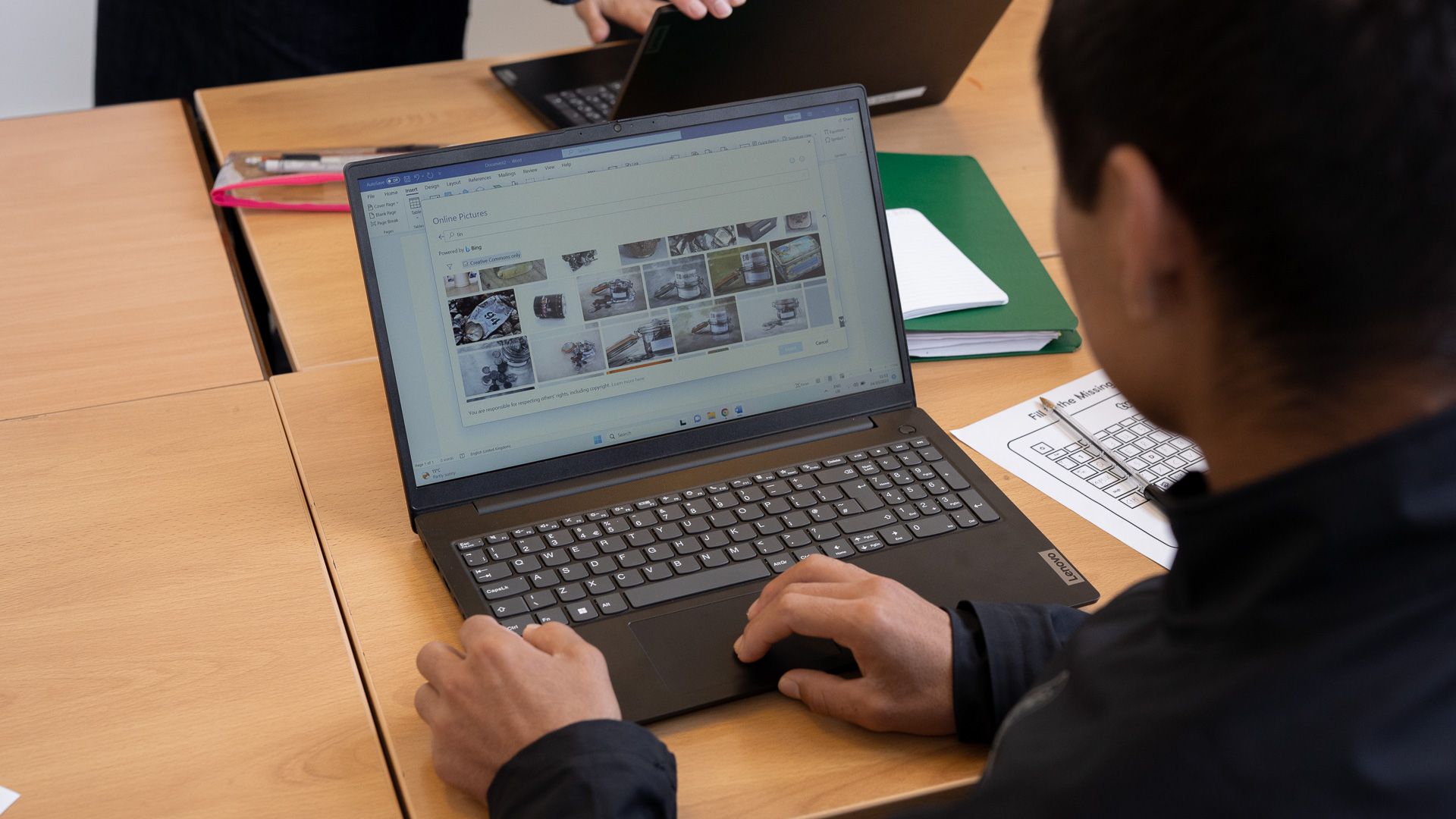Life Skills
The Risk
Poor language and communication skills and lack of understanding people, places and law
Upon entering the UK, separated young people can lack the language and communication skills needed to understand their new environment, its culture, the people, and the law. It can also impact upon their ability to develop social networks and trusting relationships. This can result in feelings of isolation, and in turn, poor overall emotional wellbeing or even mental health problems such as depression. Poor understanding and communication can make gaining access to medical, mental health, legal and statutory services needed to help them address problems, very difficult. Lack of understanding of their new environment can place young people in a vulnerable position, being more likely to inadvertently break laws they are unaware of,or make decisions that may be dangerous to their wellbeing. This can result in a lack of personal safety and/or becoming involved in offending behaviour.
The young people possibly grew up in cultures significantly different to the UK, in addition many en route are told false stories about people in authority and how to act when here.

Baca’s solution
ESOL lessons upon arrival, giving structure to the day; learning about their new surroundings and providing a route to formal education and training.
The young people are provided with English lessons immediately upon arrival. They attend lessons every weekday morning and these may be one-to-one or in a small group. The teaching course is specifically designed for newly arrived young people, supporting them both to learn the language as well as introducing them to UK culture. It also links closely with the rest of support work to help ensure understanding of the different care provision and awareness of the legal processes they are going through. The course is highly flexible and differentiated, to work with young people who arrive with varying levels of education.
The young people are quickly moved onto an accredited course, preparing them for their move on to formal education when they are ready. Strong partnerships with local colleges ensure this happens smoothly. They are provided with additional lessons once they start attending college to help with homework and in preparation for exams. When they reach a stage in their legal process where they are allowed to volunteer and do work experience, they are supported to find relevant and useful placements where they can further their skills. These provide the opportunity for practicing their English, developing support networks, and gaining vital experience that furthers their ability to obtain work and establish their economic independence.
Supporting access and engagement with medical, legal, statutory and social services
Because language development takes time, the young people are immediately registered with a doctor and dentist by Baca. Translators are used to explain what they will go through, such as the immunisations they will receive and any procedures they may require, reducing the likelihood of distress. Over the course of their stay, young people are shown how to make appointments themselves and what to do in different situations, increasing their confidence and ability in caring for themselves. The ESOL lessons reinforce the language required for this personal development.
Upon their arrival into the UK, interpreters are also used to explain about the asylum system and the process they will go through with their asylum case (and their trafficking case if applicable). They are also supported to access legal representation and ensure they attend their initial Home Office appointments. Baca staff accompany young people to all legal appointments throughout their cases so they are supported emotionally when having to share the stories of their past. If they are given leave to remain, the young people are supported with gaining income and housing entitlements when they are ready to move on and are helped to understand what services and support is available to them.
